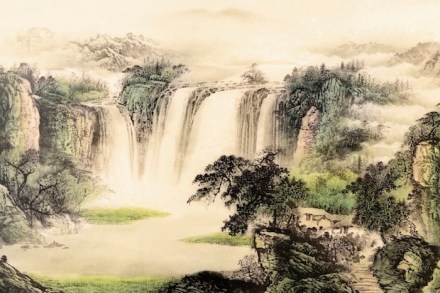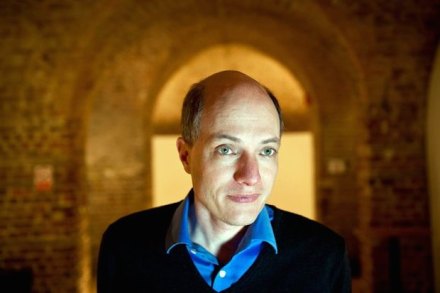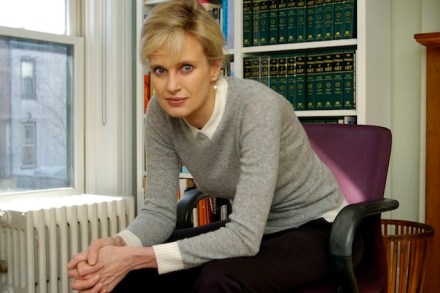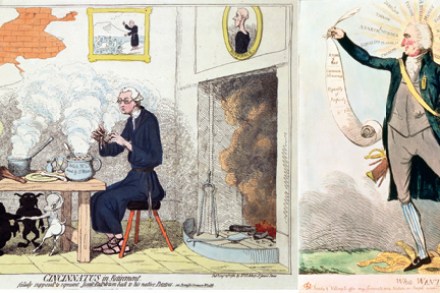Existential threat: the birth of a cliché
In the endless game of word association that governs vocabulary, the current favourite as a partner of existential is threat. They make an odd couple. Max Hastings managed to get them into the Daily Mail the other day, writing that ‘although Islamic fanatics can cause us pain and grief, they pose no existential threat as did Hitler’s Germany’. A letter to the Times said that the Charlie terrorists’ ‘wicked ideology is an existential threat to Islam itself’. In those examples, the threat is to our existence or to the existence of Islam. But in this phrase from an article by Irwin Stelzer in the Sunday Times, ‘sincere believers in the
















